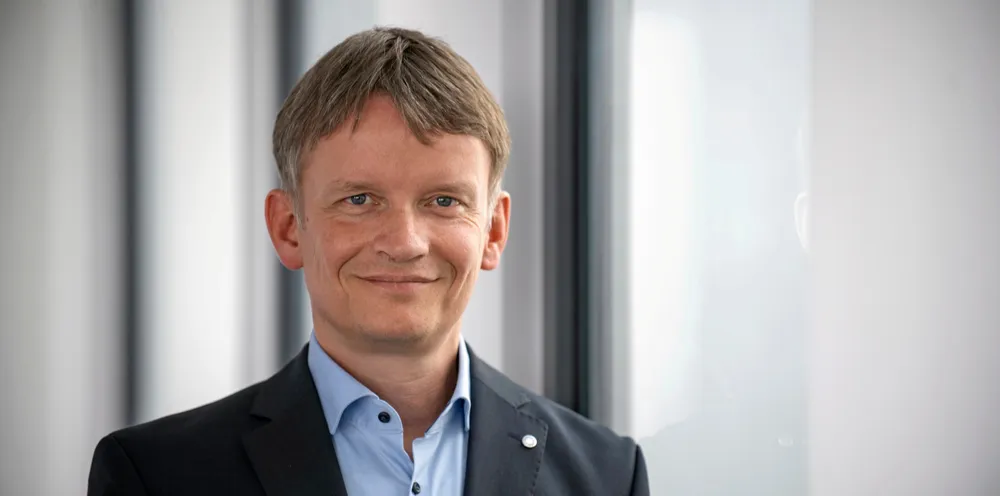'Decision is made' | flagship German solar factory set to close amid pleas for US-style support for green industry
Boss of pioneering solar giant says German politicians must act now, as chill wind of Chinese competition felt across industry

European solar manufacturer Meyer Burger is seeking shareholder approval to close a flagship module factory in Freiberg, Germany, while also seeking backing for a rights issue needed to complete the construction of new facilities in the United States.
It has now called an extraordinary general meeting of shareholders to put these measures into effect.
Meyer Burger is currently entering the final phase of construction of a module factory in Arizona, in the United States, and is constructing a cell factory in Colorado, both with annual production capacity for about 2GW.
The company called its EGM for 18 March to back a rights issue of up to 250m Swiss francs ($284m) needed to help finance the completion of the US manufacturing facilities and, in parallel, to approve the plan to halt production at the Freiberg site in preparation for closure.
An end to production at the Eastern German site would affect 500 employees.
Meyer Burger, which describes itself as a pioneer and technology leader in the global photovoltaic industry, unveiled the plan to concentrate production in the US in January. The aim, it said, is “to stop sustained losses in Europe and to take advantage of the highly attractive US market."
Implementation of the plan is intended to help close a funding gap of CHF450m and enable the group to become cash flow positive in the mid-term.
"In the absence of a political decision we have today announced that we are initiating the closing process... And this means that we are ramping down our facility in Freiburg... we will stop production within the first half in March," Meyer Burger's CEO Gunter Erfurt told a webcast that was called to announce the moves today (Friday).
Window of opportunity
Erfurt said there is still a "window of opportunity" for German politicians to act.
"This week, unfortunately, the coalition (government) in Germany could not find common ground and the solution for the solar sector," he said, adding that negotiations are ongoing concerning a proposal that is ready and "would help the industry entirely and provides a business case for Europe".
"But what I want to strongly emphasise and repeat is we are not in a situation anymore where we are waiting for a decision. We have made a decision," Erfurt said, warning that a decisive move from the German politicians would have to come before the EGM.
Among other loans to support the expansion in the US, Meyer Burger is targeting an advanced manufacturing production (45C) tax credit financing in the amount of up to $300m, with a term of five to six years, based on the partial monetisation of an estimated $1.4bn in future tax credits under the US Inflation Reduction Act.
Erfurt said the rights issue would allow investors to gain from "a highly attractive US business and would offer what he called "independence of political decisions in Europe”,
"Unlike Europe, the US has done very straightforward measures and implemented them, from an industrial policy point of view, in order to protect the US market from behaviours of market participants, which are unfair... by imposing tariffs, by imposing measures against forced labour, for example, and of course, the Inflation Reduction Act."
Bipartisan support?
Meyer Burger’s biggest shareholder, Sentis Capital Cell 3 PC, supported the move. “Due to a lack of European protection against unfair competition from China, nearly four years of hard work by great employees in Europe is at risk,” a Sentis board statement read.
“The US policy framework has proven several times that there is a strong bipartisan commitment to protect US-based companies against unfair competition."
Erfurt said the company does not fear that a change of administration in the US could threaten tax credits allowed under the Inflation Reduction Act, arguing that adjustments were more likely to be about making the legislation "more effective".
"We do not see a risk that the incoming government would reverse the IRA or move away from this support. It's way too successful in the US. The will to grow the domestic solar industry in a way that is giving the US independence from China is so strong that we believe we can operate in this environment very successfully," he said.
(Copyright)